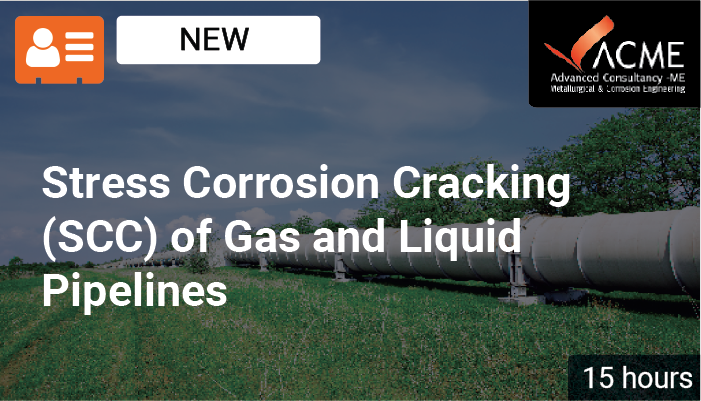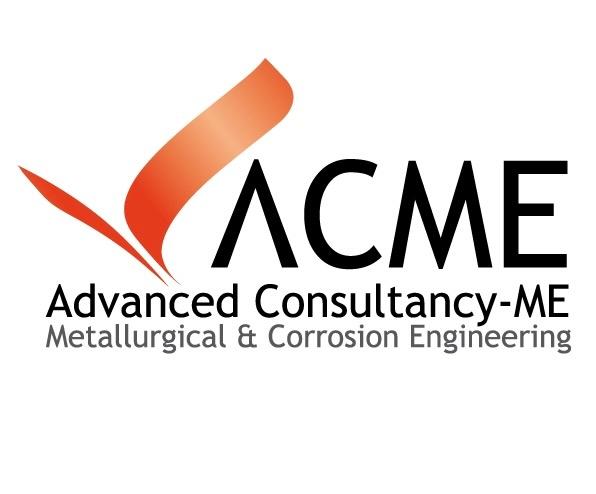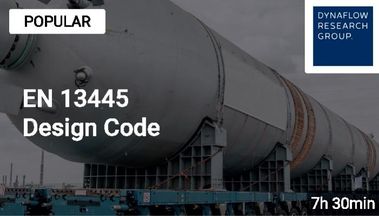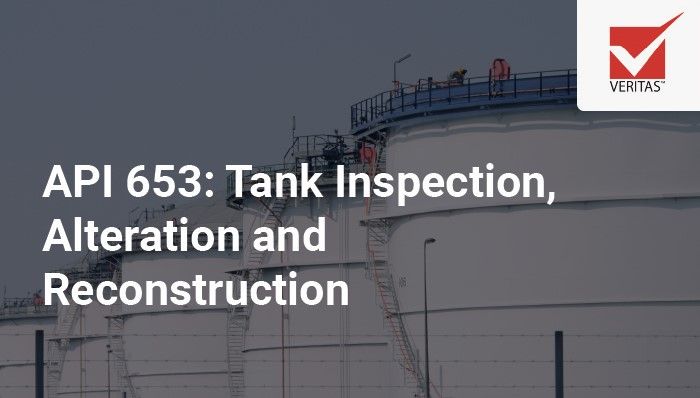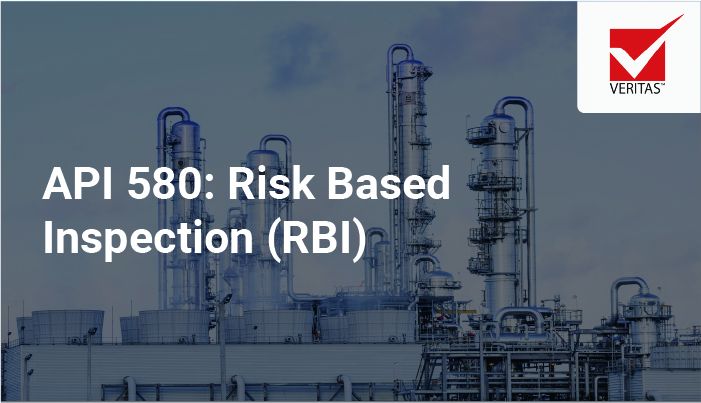Stress Corrosion Cracking (SCC) of Gas and Liquid Pipelines
Join the Program
Virtual or Classroom
15 hr Content
3 Day program
Registration deadline: 15 July 2024
Custom Scheduling
Mimoun Elboujdaini
INCO3115
Format:
Instructor-led
Join the Program
To register multiple team-members at once, use the link below.
Need a dedicated version of this program for your team? Please contact us.
Course Objective
“To provide participants with a comprehensive understanding of stress corrosion cracking, including its causes, mechanisms, and factors that contribute to its occurrence in gas and liquid pipelines.”
Private course for team
Custom scheduling
Industry Expert
On-site or virtual
1-year unlimited access
to up-to-date course materials
PDH Hours qualified course
Read more here
About the course
In-Company
Live sessions
15 hr Content
Custom
English
INCO3515
Stress Corrosion Cracking (SCC) is a significant concern in the oil, gas, and chemical industries as it can lead to pipeline failures, and pose safety and environmental risks. SSC is a process in which a material undergoes cracking due to the combined influence of tensile stress and a corrosive environment. It is important for personnel to be aware of the risks associated with SCC and that they can implement appropriate measures to prevent its occurrence.
This training course will equip participants with the knowledge and skills to prevent, detect, and manage SCC in gas and liquid pipelines. By the end of the course, participants will have a comprehensive understanding of SCC in gas and liquid pipelines, as well as the knowledge and skills necessary to identify, prevent, and mitigate SCC-related risks. They will be skilled in making informed decisions regarding pipeline integrity management, maintenance practices, and regulatory compliance.
The course consists of 15hr of live sessions with the instructor. All training content is provided through your EngineeringTrainer account.
After the course you maintain 1-year unlimited access to the course, including any new course material. This allows you to perform modules again should you need to refresh your knowledge.
Questions? Contact us
hello@engineeringtrainer.com
+31 (0)85 058 0051
Monday - Friday, 9am - 6pm CEST

Meet your instructor
Program & Details
Stress corrosion failure can happen “unexpectedly” and rapidly after a period of service leading to disastrous failure of structures or leaks in pipe.
Factors that trigger SCC; corrosive substances in the transported fluid, high tensile stresses on the pipeline, and susceptible materials
Environment factors; hydrogen sulfide (H2S), chloride ions, and other corrosive agents.
Tensile stresses.
Pipeline failure statistics
National Energy Board (NEB) Hearings
Definition of SCC/environmentally assisted cracking (EAC)
High-pH (Classical) SCC
Low-pH (Near-neutral pH, non-classical) SCC
Stages of cracking
Three factors – (i) tensile stress, (ii) corrosive environment, (iii) susceptible material
Role of coatings and CP
The latest thinking from SCC R&D
Residual stress
Operating stress (liquids vs. gas)
Surface preparation
Stress raisers such as welding defects and corrosion pits, associated to the cracking nucleation.
Circumferential/axial stresses
Crack propagation vs. sensitive microstructure
Site selection
Background data selection
Documenting the environment and sample collection
Environment monitoring
ILI (In-line Inspection)
Hydrotesting
Direct assessment
The role of risk management
Conducting a comprehensive risk assessment
Identifying potential sources of SCC
Evaluating the probability of occurrence
Assessing the potential consequences of SCC-related failures
Regulatory bodies and applicable industry standards
Guidelines and requirements for the prevention and management of SCC in pipelines.
Inspection, monitoring, and maintenance practices to minimize the risk of SCC-related failures.
Results
After this course, you...
understand the mechanisms of SCC, including the factors that contribute to its initiation and propagation.
know how a Risk Assessment for SCC should be performed; are able to understand the factors that influence SCC occurrence, including environmental conditions, material properties, and stress levels.
have obtained a good understanding of the various non-destructive testing techniques used for the detection and monitoring of SCC (ultrasonic testing, radiography, visual inspections, and other advanced inspection methods).
have a solid overview of the mitigation strategies for SSC, including material selection considerations, coating and cathodic protection methods, and the use of corrosion inhibitors.
have learned about effective maintenance practices and integrity management strategies to prevent SCC.
have see case studies and the lessons learned from SCC incidents in pipelines.
Who should attend this course
This course is beneficial for a wide range of professionals working in the oil and gas industry, particularly those involved in the design, construction, operation, and maintenance.
It is important to note that while the course primarily targets professionals in the oil and gas industry, individuals from related fields or academic backgrounds seeking to expand their knowledge of SCC and pipeline integrity may also find the course beneficial.
Prerequisites:
Participants should have a basic understanding of engineering principles related to materials science, corrosion, and pipeline engineering.
Familiarity with corrosion principles, types of corrosion, and corrosion control measures will facilitate a deeper understanding of SCC and its management in pipelines.
Level: Intermediate
Live sessions
This course consists of instructor-led group sessions, these group sessions can be Virtual or Onsite. During these sessions participants can ask questions to the instructor which are discussed, as well as questions submitted beforehand in the learning portal.
After each live session used slides and exercise documents are made available to participants on the learning portal. Please note that for privacy reasons no recordings of the live sessions are made or provided. You receive 1-year unlimited access to the online course material. This allows you to review content again if this is beneficial for your daily work activities and benefit from any material updates.
The live sessions are scheduled together with the customer and are private for their team only.
Typically the training course would be scheduled as:
Virtual: 5 sessions of 3 hours each
Onsite: 3 days of 5 hours
After the course participants receive 1-year unlimited access to the slides and exercise documents used within the sessions via the learning portal. This allows them to review material when required to refresh their knowledge for daily work activities.
A personal digital certificate will be made available to each participant upon full attendance.
Example Certificate:
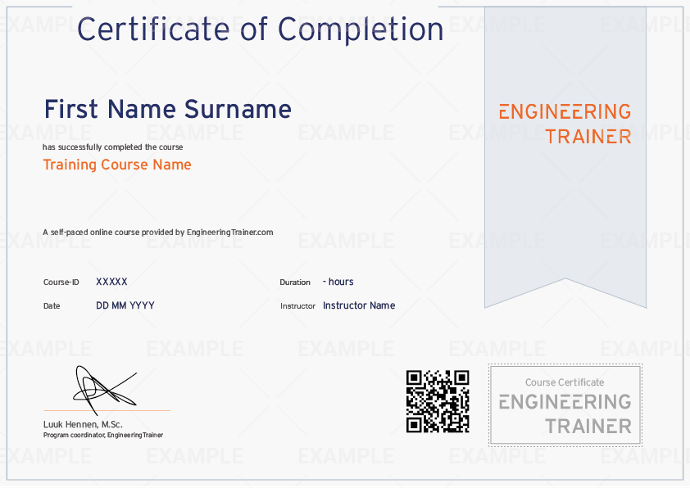
FAQ
This course consists of instructor-led live sessions which consist of presentations, demonstrations and discussions of questions. During each live session participants can ask questions to the instructor (through chat or microphone) which will be answered.
Please note that for privacy reasons no recordings of the live sessions are made or provided.
The training material used in the live sessions, for example the slides or exercises, will be available in the EngineeringTrainer portal for a year after the date of the training allowing you to refresh your knowledge or review material if needed.
No, course content is not available for download.
The training material used in the sessions, for example the slides or exercises, will be available in the EngineeringTrainer portal for a year after the date of the training allowing you to refresh your knowledge or review material if needed.
Please note that for privacy reasons no recordings of the live sessions are made or provided.
Yes, interactive Q&A sessions are part of the live sessions in this course and allow you to interact with the instructor and ask questions.
To respect the privacy of the participants the live sessions will not be recorded, and as such the live sessions cannot be played back. Therefore it is important for all participants to block the time slots of the live sessions in their calendars and be present.
No software licenses are provided as part of this course.
Yes, this course qualifies for PDH hours as per the NCEES CPC Guidelines.
Related Courses
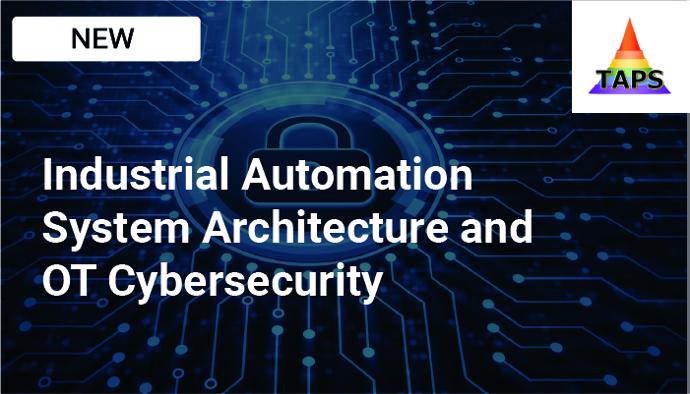
Virtual or Classroom upon request
Industrial Automation System Architecture and OT Cybersecurity
